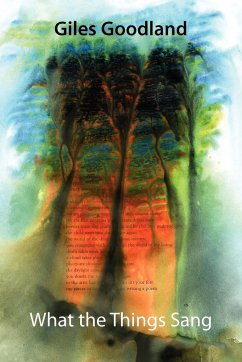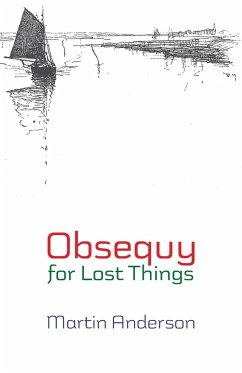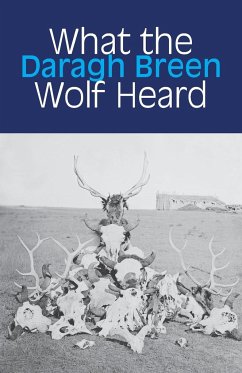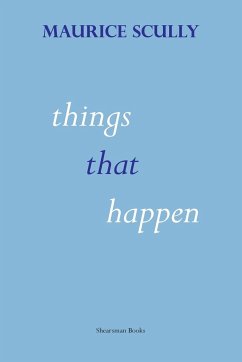If Johnson believed that objects held primacy over language, why did he compose his dictionary following the arbitrary rule of alphabetical order? If (to contradict Wiitgenstein) poems are engaged in the language-game of giving information, how should that information be arranged? If Blake had, when he heard ringing in the trees, picked up the phone, what information would the things have sung to him? If Heraclitus had not been struck with his own lightning, would he be less fragmented to us now? This sequence of poems presents a number of possible and less possible answers to these questions. But more questions arise on the way.
Hinweis: Dieser Artikel kann nur an eine deutsche Lieferadresse ausgeliefert werden.
Hinweis: Dieser Artikel kann nur an eine deutsche Lieferadresse ausgeliefert werden.









